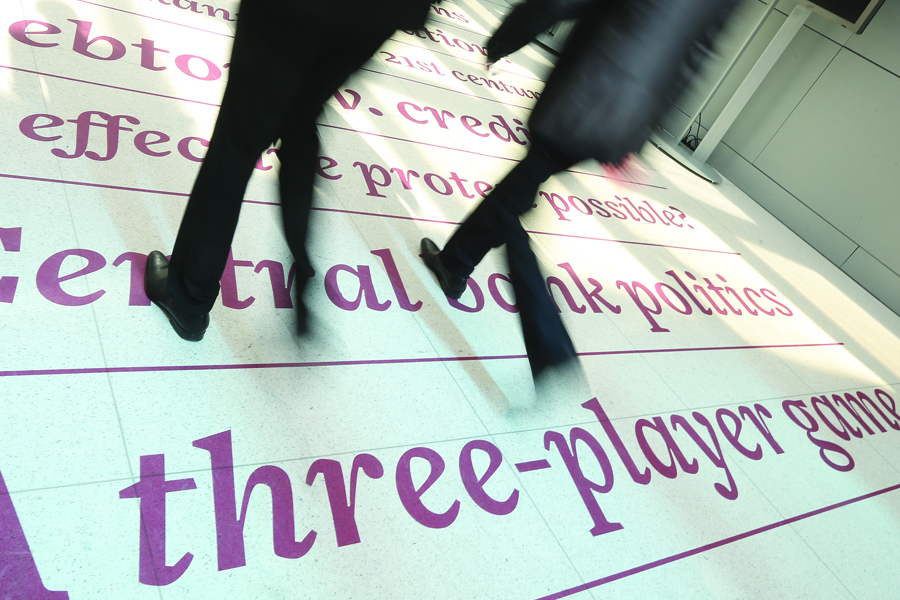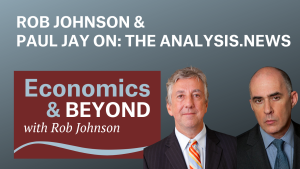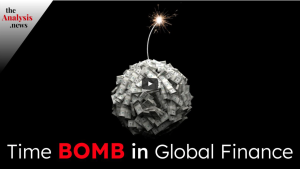The Institute for New Economic Thinking has awarded $2 million in grants to fund 21 different projects as part of the latest round of its research grant program.
The Institute’s grant program aims to support research that transforms our understanding of major economic challenges and to create real-world solutions that put human well-being at the center.
The twenty-one projects selected this year are oriented to advance and enrich economic thinking by exploring key themes such as the dynamics of inequality, climate policy, and innovation, as well as by using economic history to understand current theory and policy problems. Together with the research the Institute has supported in the past, these projects will pursue new insights into solving the most pressing challenges of the 21st century.
Grants Awarded:
Income Distribution, Asset Prices, and Aggregate Demand Formation, 1850-2010: A Post-Keynesian Approach to Historical Macroeconomic Data, Erik Bengtsson, Lund University; Engelbert Stockhammer, Kingston University
Air Quality Co-Benefits in Climate Policy, James Boyce, University of Massachusetts, Amherst; Manuel Pastor, University of Southern California; Klara Zwickl, Vienna University of Economics and Business
Financial Innovation and Central Banking in China: a Money View, Luke Deer, University of Sydney; Mike Beggs, University of Sydney; Chris Jefferis, University of Sydney; Yu Yuxin, Shanghai International Studies University
Geno-Econometrics, Steven Durlauf, University of Wisconsin, Madison
Managing Shadow Money, Daniela Gabor, University of the West of England, Bristol; Jakob Vestergaard, Danish Institute for International Studies
The Measurement and Assessment of Inequalities on a World Scale, James Galbraith, Jaehee Choi, Delfina Rossi, Aleksandra Malinowska, Beatrice Halbach, University of Texas, Austin
Inequality, Instability, and the Household Balance Sheet Channel, Olivier Giovannoni, Bard College
German Energy Policy in the Age of Oil and Atoms, 1945–2000, Stephen Gross, New York University
Central Banks, Crises, and Income Distribution, Marc Lavoie, University of Ottawa; Mario Seccareccia, University of Ottawa
The Epistemological and Statistical Limits of the Economic Sciences in Identifying Causalities, Alexander Krauss, London School of Economics
Economic Policy and the Performativity of Economic Models: Looking at the Intersection between Theory and Policy, Jakob Kapeller, Johannes Kepler University Linz; Bernhard Schütz, Johannes Kepler University Linz; Philipp Heimberger, Vienna University of Business and Economics
Collective and Cumulative Careers: Foundations for Sustainable Prosperity, William Lazonick, Academic-Industry Research Network
Secular Stagnation and Persistent Unemployment in the Great Depression: Evidence from Monthly Labor Market Data, Gabriel Mathy, American University
The Moscow Consensus: The Soviet Union and the Origins of “Neoliberal” Development Policies, Chris Miller, Foreign Policy Research Institute
Causal Analysis in Economics: Philosophical Underpinnings and Econometric Tools for Non-Standard Settings, Alessio Moneta, Scuola Superiore Sant’Anna
Copyrights and Creativity: Historical Evidence from Literature, Science, and Music, Petra Moser, New York University
Archipelago Capitalism: Decolonization and the Emergence of the Global Economy, 1930s-1980s, Vanessa Ogle, University of Pennsylvania
What Lenders See, Martha Poon, Data and Society Research Institute
Distributional National Account, Emmanuel Saez, University of California, Berkeley; Gabriel Zucman, London School of Economics
Transport Infrastructure, Long-Run Development, and Policy: Evidence from England and Wales, c.1817 to 2011, Alex Trew, St. Andrews University; Stephan Heblich, University of Bristol
Living Standards, Inequality, and Poverty around the World, 1815-2015: A New Household Budget Approach, Giovanni Vecchi, University of Rome “Tor Vergata”; Brian A’Hearn, Pembroke College, University of Oxford; Nicola Amendola, University of Rome “Tor Vergata”







